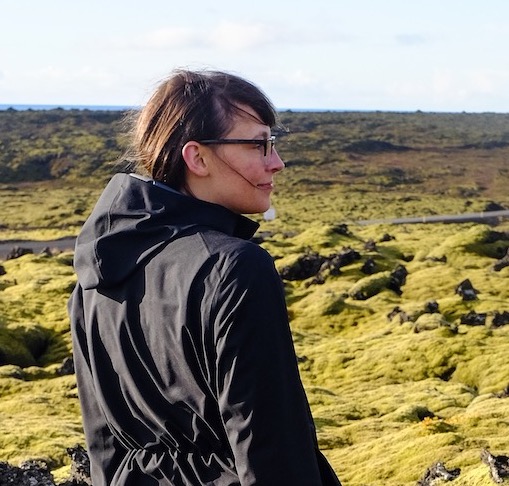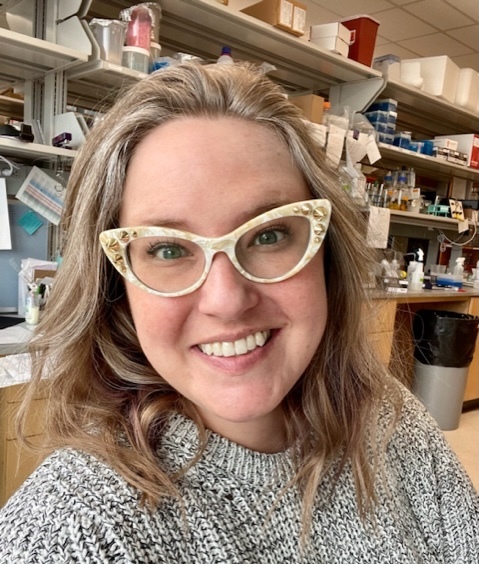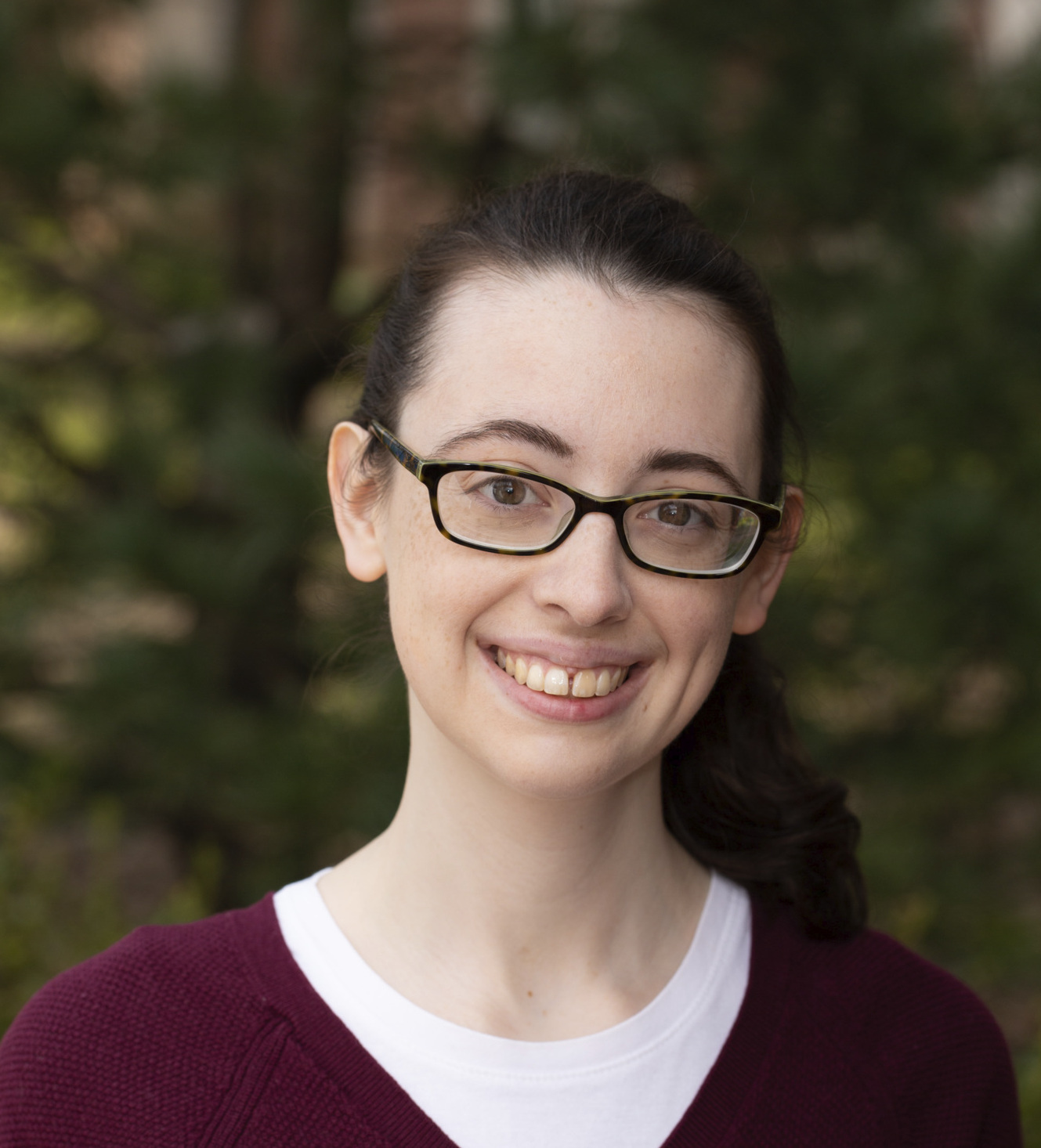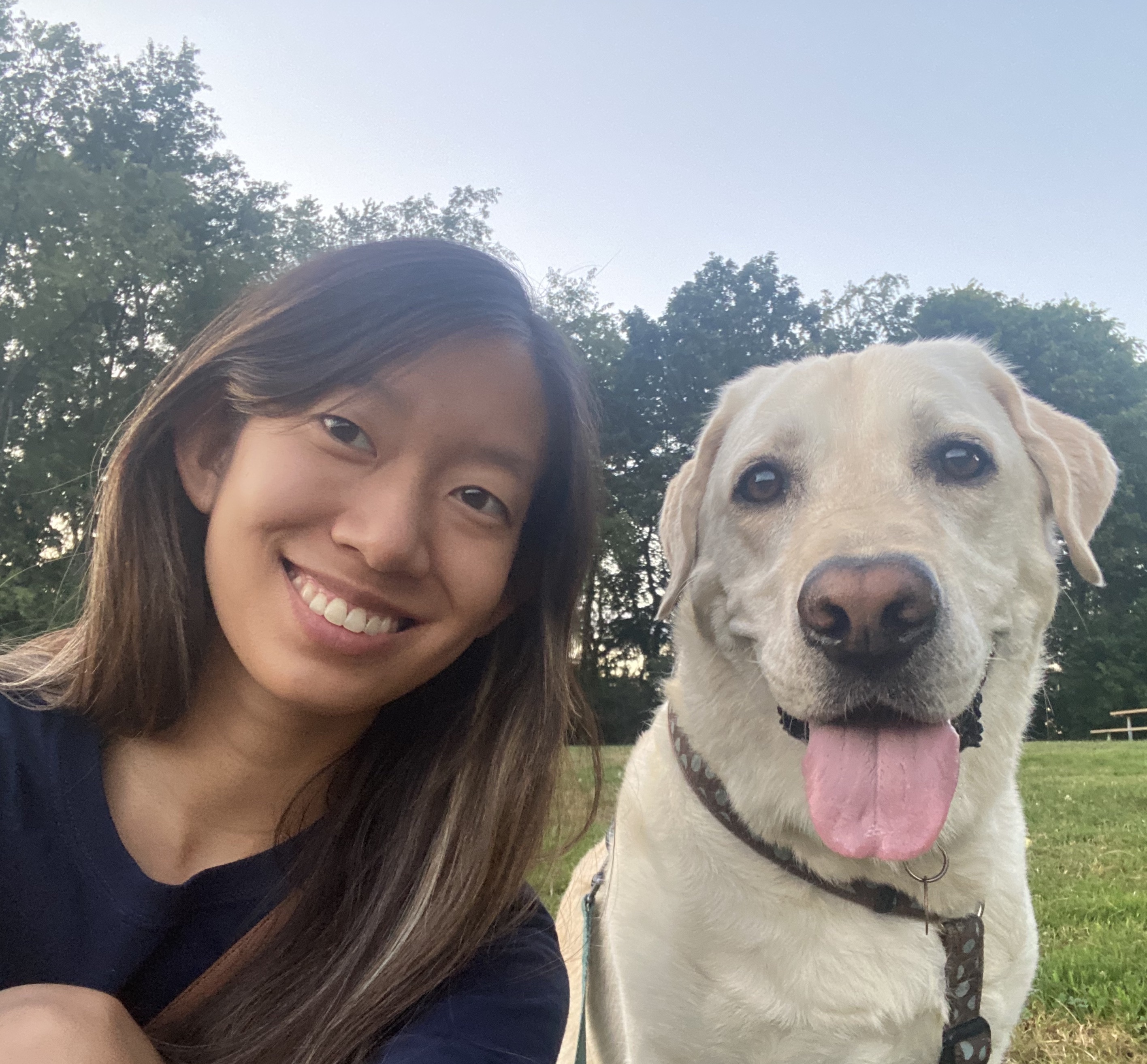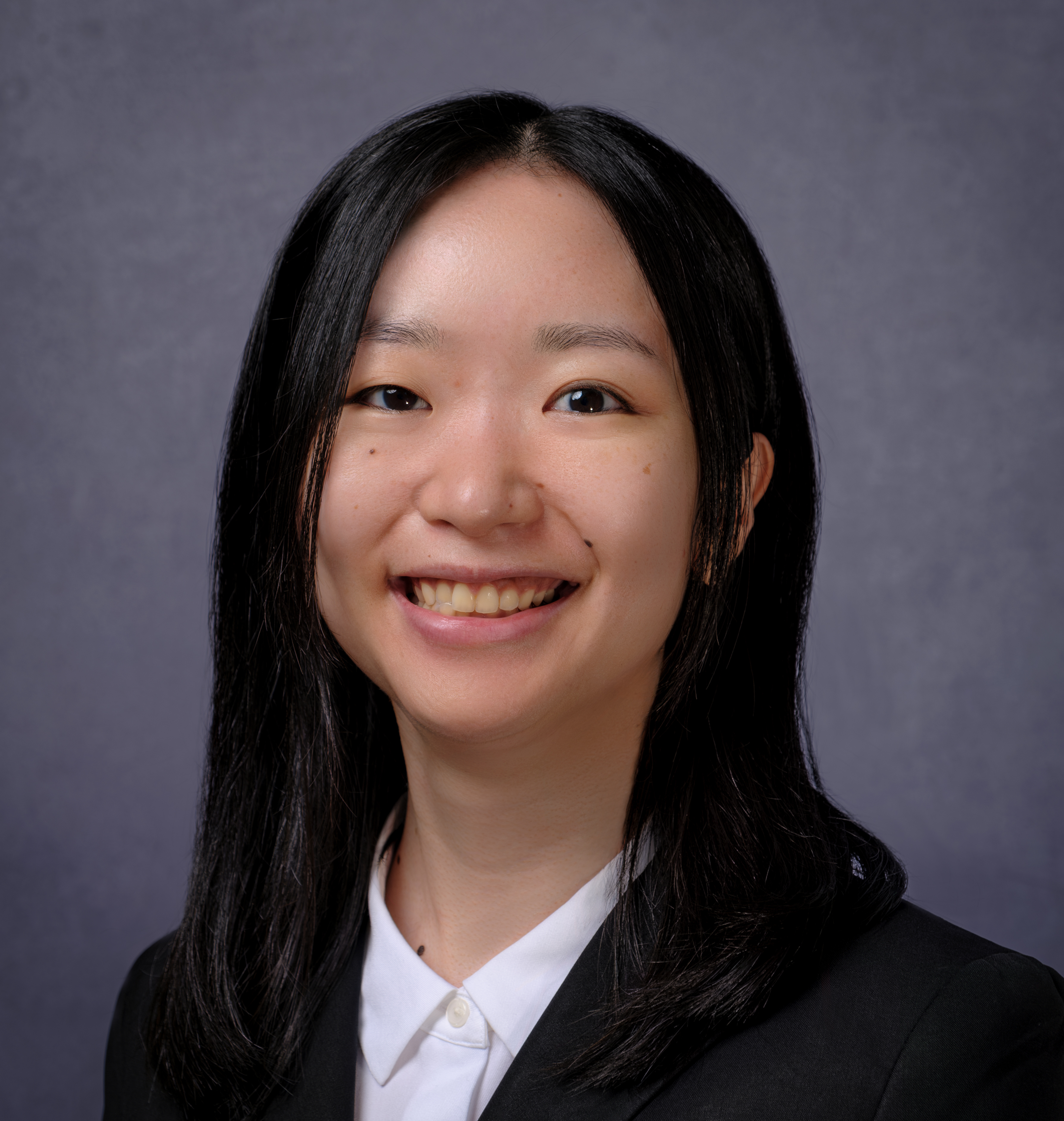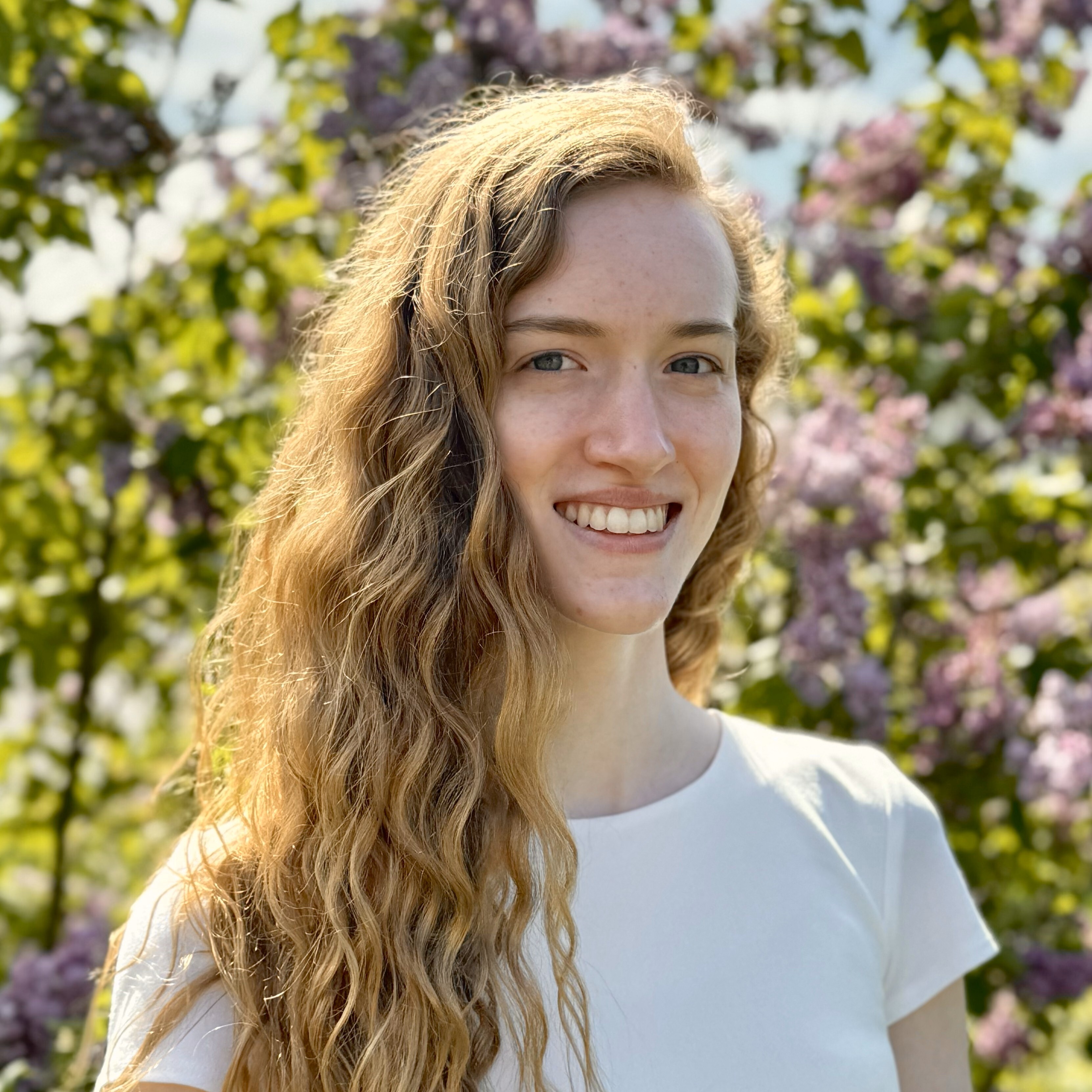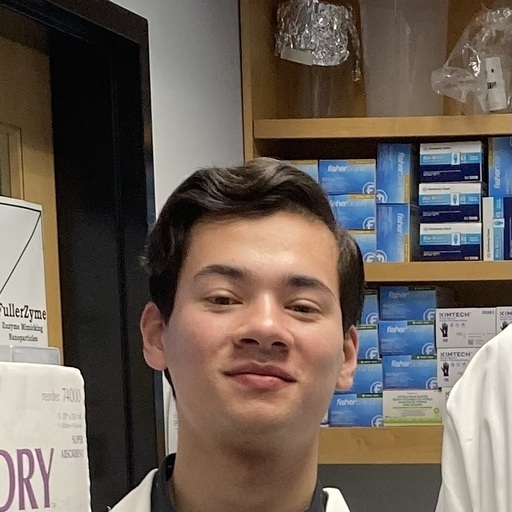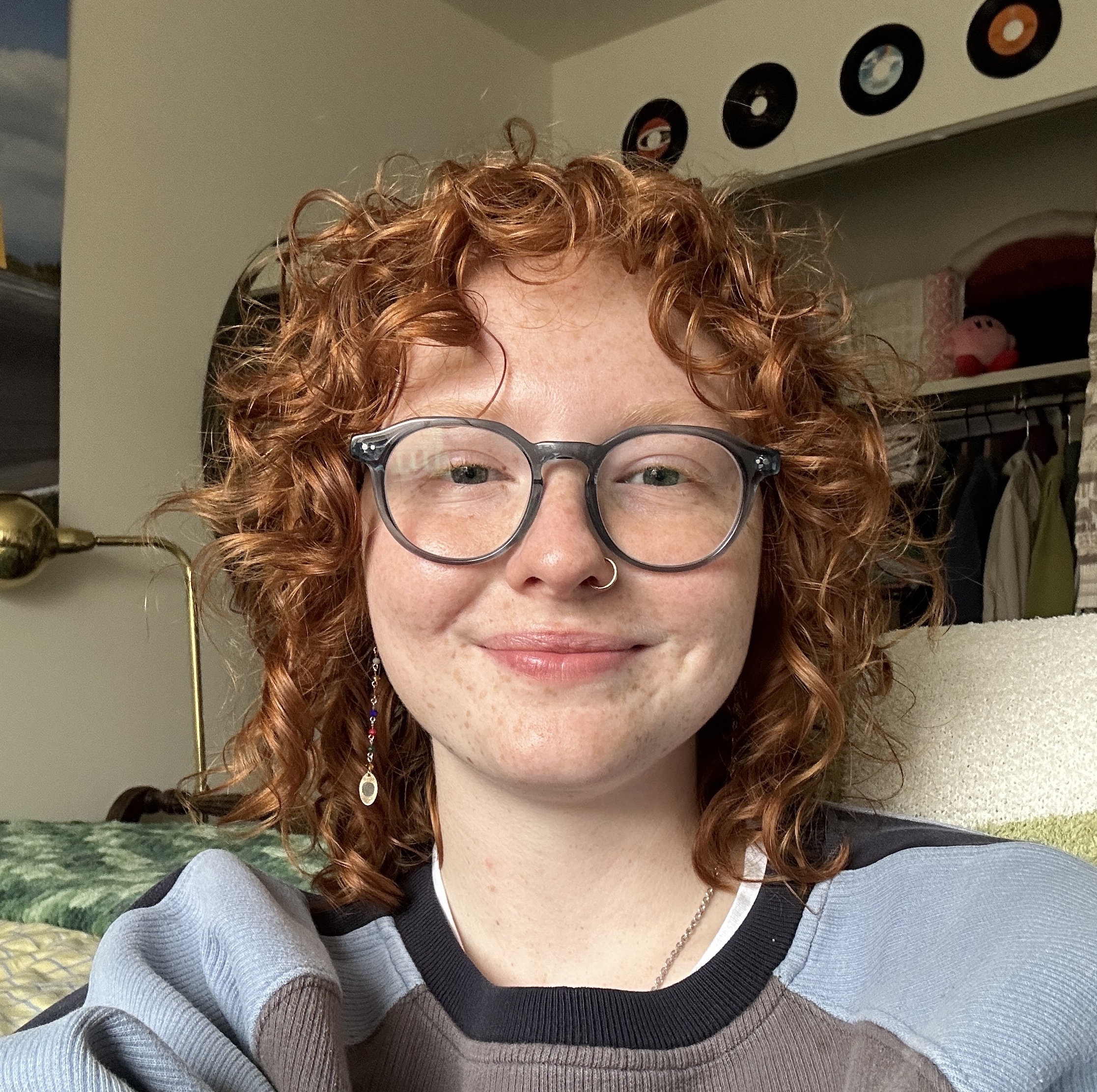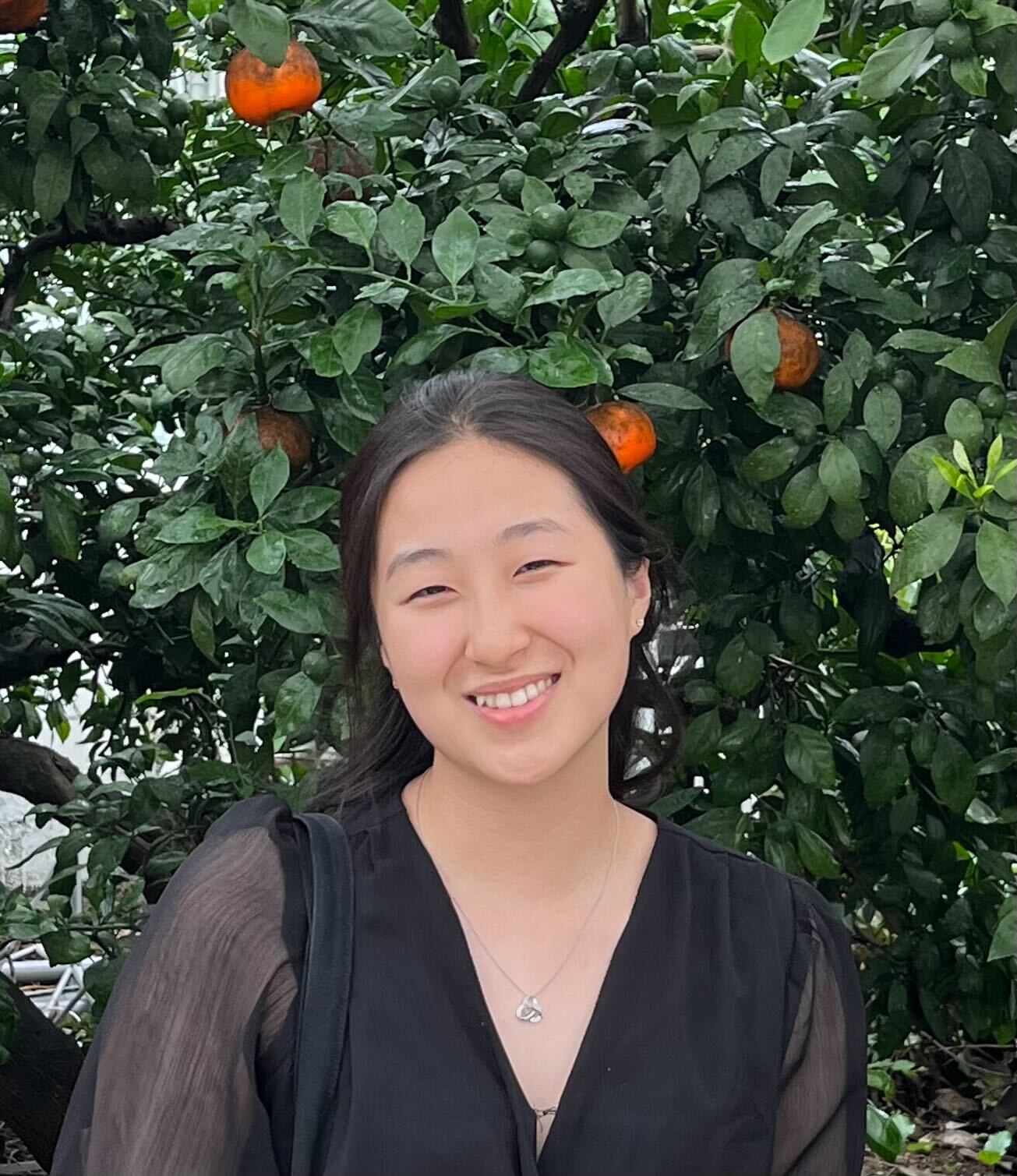Principal Investigator
Vaughn Cooper is an evolutionary microbiologist and Professor at the University of Pittsburgh. He is broadly interested in how potential pathogens (e.g. bacteria such as Burkholderia, Pseudomonas, Acinetobacter, and viruses like SARS-CoV-2) evolve to adapt to new hosts and environments. Other major interests include evolution in biofilms, the evolution of antimicrobial resistance and why genome regions mutate and evolve at different rates.
He is proud to have founded EvolvingSTEM, a program that provides an authentic classroom research experience for high school students across several states in which they conduct a microbiology experiment that demonstrates evolution in action. He also directs and co-founded the Center for Evolutionary Biology and Medicine at Pitt. He is also co-Founder and Scientific Advisor of SeqCoast Genomics and Middle Author Bioinformatics, which work together to provide advanced genome-scale sequencing and analyses using intuitive and accessible processes. Previously, he co-founded the Microbial Genome Sequencing Center (MiGS) and was a professor at the University of New Hampshire. He has an AB in Biology with honors from Amherst College, a PhD in Ecology, Evolutionary Biology, and Behavior from Michigan State University, and was a Fellow of the Michigan Society of Fellows at the University of Michigan in evolutionary biology and pediatrics. Dr. Cooper is a Fellow of the American Academy of Microbiology and his research on microbial and genomic evolution has appeared in >100 publications. He believes that there has never been a better time to be a microbiologist or geneticist thanks to unprecedented advances in technology, and he is committed to democratizing access to these exciting tools.
Faculty Instructor
Abigail graduated from the University of Pittsburgh with a BS in Biological Sciences and BA in Anthropology. She received her PhD in Botany from the University of Wisconsin-Madison, where she worked under the mentorship of David Baum to study genes involved in the evolution of plant leaf hair shape in the Mustard family. She was actively involved in teaching introductory and upper level science courses and was awarded the Eldon H. Newcomb Award for Excellence as a Teaching Assistant.
Abigail is passionate about promoting community engagement with science and has over 10 years of experience in developing science outreach materials for audiences of all ages, with a focus on women and other populations traditionally underrepresented in the sciences. She is currently working to build and expand EvolvingSTEM, an outreach program that engages middle and high school students in an authentic research experiment to explore how bacteria adapt when grown under strong selection for biofilm formation. As a native Pittsburgher, Abigail is excited to share this exceptional learning opportunity with schools across Pittsburgh.
Glenn graduated from Saint Vincent College with a BS in Biology. He received his MD and PhD from the Lewis Katz School of Medicine at Temple University in Philadelphia. During his graduate work, he studied how DNA influences the formation of curli fibrils, an amyloid protein component of the extracellular matrix of E. coli and Salmonella, and the immune responses to amyloid/DNA complexes in the laboratory of Dr. Çagla Tükel. He completed pediatric residency and pediatric infectious diseases fellowship at UPMC Children’s Hospital of Pittsburgh. During his clinical fellowship, he worked in Dr. Jennifer Bomberger’s lab where he studied how P. aeruginosa establishes biofilm on airway epithelium and the microbiome in children with cystic fibrosis related chronic rhinosinusitis.
As a physician-scientist, Glenn enjoys studying clinically relevant questions he encounters in the hospital. In the Cooper Lab, Glenn will be studying how P. aeruginosa evolves in the airways of patients with tracheostomy tubes and endotracheal tubes for mechanical ventilation and how the host airway changes because of these breathing devices.
In addition to his lab work, he enjoys his clinical work seeing patients on the Pediatric Infectious Diseases service and teaching medical students and residents at UPMC Children’s Hospital of Pittsburgh. He also enjoys cooking, baking, and some gardening. His at home microbiology experiments include home cheese making.
Postdoctoral Researcher
Rebecca joined Cooper Lab as a postdoctoral associate in 2024, and is currently co-mentored by Dr. Kathy Shair. Her postdoctoral research focuses on the interface of medicine and microbial evolution. She investigates how microorganisms evolve to cause disease and evade treatment, with the broader goal of informing strategies to improve patient outcomes.
Rebecca earned her PhD in the lab of Dr. Joy Bergelson at the University of Chicago, where she studied phytopathogen adaptation. Prior to her doctoral studies, Rebecca completed her MS in the lab of Dr. Tim F. Cooper at the University of Houston, where she studied long-term evolution of bacteria in fluctuating environments.
Research Staff
Colton Siatkowski is research technician at the University of Pittsburgh. He completed his bachelors in biological sciences in 2024, and in the lab works under Dr. Matela for the EvolvingSTEM education outreach program. Outside of the lab, he is also involved with The Pitt Pulse, Pitt’s health and science magazine, as a graphic designer.
Erin is a staff scientist in the Cooper Lab. Her research interests include bacterial genetics, genomics, and molecular biology. Erin’s prior work in the Dudley Lab at Penn State involved characterization of an intraspecies interaction in which commensal E. coli enhanced the virulence of E. coli O157:H7. Erin also studied E. coli genes associated with adherence to bovine cells as part of a USDA-NIFA postdoctoral fellowship. Erin holds a Ph.D. in Microbiology from the University of Wisconsin-Madison and a B.S. in Biology from Allegheny College.
Graduate Researcher
Anna is an MD PhD student at the University of Pittsburgh & Carnegie Mellon University studying Computational Biology for her PhD. Her research focuses on using experimental evolution and computational techniques to custom-engineer bacteriophages for Burkholderia lung infections in patients with cystic fibrosis (CF). She previously worked on CF stem cell therapies in Scott Randell’s lab at UNC-CH from high school throughout undergrad, and then did two gap years in Pradeep Singh’s lab at the University of Washington studying mechanisms of antibiotic resistance and bacterial persistence in the CF lung. When rounding in the hospital, Anna can be seen as a matched set with her golden retriever Winston, who flunked out of service dog school and now thrives as a therapy dog at UPMC. Career-wise, Anna is focused on finding better solutions for cystic fibrosis patients, but also thinking about ways to re-engineer the healthcare system to be more high-quality, equitable and accessible for everyone through technology and humanism. In addition to her CF research, she is a 2023 Paul and Daisy Soros Fellow and a Co-Founder of Korion Health.
Nanami is a PhD student in the Program of Microbiology and Immunology (PMI) at the University of Pittsburgh. She received her bachelor’s degree in 2020 from Macaulay Honors College at Queens College, City University of New York (CUNY).
Nanami is doing her thesis work on understanding how phage genomes integrated in the bacterial chromosome (i.e., prophages) can influence bacterial fitness and community composition. To answer these questions, she works with Pseudomonas aeruginosa and its Pf phage. Her training goal is to sharpen both her computational and experimental skills for applications in microbial evolution research.
Outside of the lab, Nanami likes drinking tea and knitting/crocheting. She also has two cats (Cali and Poe) who like to help with her computer work by sitting on the keyboard.
Sydney is a PhD student in the Program in Microbiology and Immunology (PMI) at Pitt. She graduated with a bachelor’s degree in microbiology from Virginia Tech in 2024 where she studied gut bacteriophage and anti-phage compounds in the Hsu lab, spent a summer analyzing bacterial RNA-seq data, and did historical research on influenza. She is interested in how an evolutionary perspective can improve our understanding – and treatment – of bacterial infection and has long been passionate about science education and outreach.
Undergraduate Researcher
Ethan Canavan is an undergraduate researcher at the University of Pittsburgh. He is a sophomore pursuing a bachelor’s degree in bioengineering with a minor in chemistry. He is currently studying the evolution of Pseudomonas aeruginosa that colonize tracheostomy tubes. He plans to pursue an MD-PhD to combine his passions of research and medicine.
Amanda Riegel is an undergraduate researcher at the Cooper Lab. She is currently a junior at Pitt pursuing a bachelor’s in microbiology with a minor in chemistry. Mentoring under Alicia Rokes and Erin Nawrocki, she is assisting in the research of efflux pump function in Acinetobacter baumannii and its role in antibiotic resistance and treatment failure. After graduation, Amanda plans on enrolling in a graduate program to pursue a research career as a microbiologist. Outside of research, Amanda enjoys going to concerts and watercolor painting.
Kelly Lee is an undergraduate researcher at the University of Pittsburgh. She is a sophomore pursuing a Bachelor’s Degree in Microbiology and a minor in Linguistics. In the lab, she works under Dr. Abigail Matela for the EvolvingSTEM outreach program. She plans to pursue an MS in SLP upon graduation.
Sarah Ali is an undergraduate researcher at the University of Pittsburgh. She is currently a freshman pursuing a bachelors in Microbiology on the Pre-Med track. In the lab, she works under Dr. Abigail Matela for the EvolvingSTEM outreach program.

